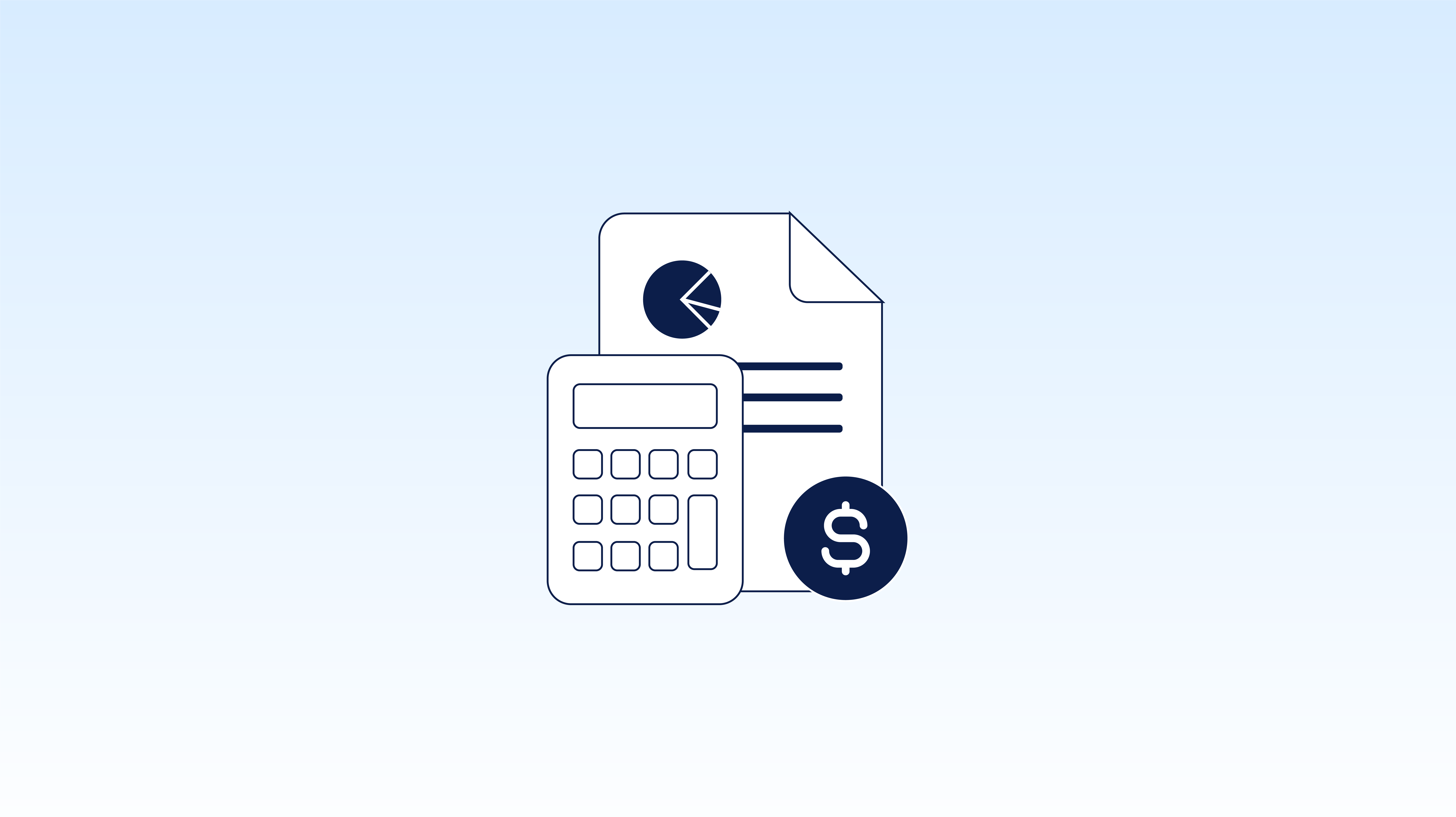Automated Accounts Receivable Programs: Cutting DSO by 30% in Six Months
In today’s economy, speed to cash is as important as speed to market. Companies that let receivables linger for 60, 75, or even 90 days are putting...
4 min read
March 5 2025
by
![]() Chris Cosgrove
Chris Cosgrove

Poor accounts payable processes have a trickle-down effect on auto dealerships, and unfortunately, the resulting problems aren’t always visible until they’ve impacted other departments.
While AP departments in auto dealerships are different from some industries in terms of transaction volumes and numbers of vendors, the challenges experienced are often quite similar—especially when it comes to manual AP processes. For example, PayStream Advisors noted in a 2024 study that accounts payable teams waste 2-3 hours per week fixing errors related to manual data entry and missed invoices; just one of the many challenges in accounts payable today.
In this blog, you’ll discover the biggest hurdles AP departments in auto dealerships are facing, plus gain insights on actions your auto dealership can take to overcome these hurdles.
One of the most common and frustrating issues in accounts payable is manual invoice processing. When invoices are managed by hand, errors such as duplicate entries, incorrect dollar amounts, and missed payments can easily occur. And without an automated system in place, AP teams often spend hours checking and re-checking invoices for accuracy, which not only wastes time but frustrates AP staff.
In an auto dealership, where hundreds or even thousands of invoices can be received monthly from parts vendors, service providers, and manufacturers, the risk of mistakes multiplies significantly. Resulting errors then lead to delayed payments, which can affect overall cash flow and subsequently lead to vendor disputes and strained relationships.
It’s also important to think about the amount of time spent manually processing invoices and how it could be better spent on other tasks, such as reviewing contracts, negotiating with suppliers, and analyzing financial data.
How Accounts Payable Automation Fixes It: Automating invoice processing is one of the most effective ways to tackle the problems associated with manual processing. AP automation software instantly performs 2-way and 3-way matching, reducing the time and effort spent on manual data entry. And through optical character recognition (OCR) and machine learning (ML), automation software can extract key data points from invoices with up to 100% accuracy.
AP automation systems also allow for faster approvals so that payments are made on time, and the result is more accuracy and efficiency in the department.
Another common challenge faced by auto dealerships is the reliance on paper checks for paying vendors. Although checks have been a longstanding method of payment, they come with drawbacks that slow down the payment process and introduce security risks.
First of all, paying by check is time-consuming and it requires manual preparation, printing, signing, and mailing. Besides being inherently slow at the front end, mailing checks also subjects them to delays and the potential to go missing or stolen.
Another problem with paper checks is they can cause lags in vendor payments, sometimes resulting in late fees, service disruptions, and even damaged relationships with vendors
Paper checks are vulnerable to theft, fraud, and unauthorized alterations. In fact, a 2024 report by the Association for Financial Professionals found that 65% of organizations had increased check fraud activity in 2023, up from the year prior. It’s all too easy for checks to be intercepted or forged, and businesses can be left with the consequences of these security breaches.
How Accounts Payable Automation Fixes This: AP automation eliminates the need for paper checks entirely. By switching to digital payment methods such as ACH transfers, wire transfers, or virtual cards, dealerships can pay vendors faster and with a higher level of security. Digital payments can be processed within minutes, compared to the days it might take to process a paper check. Additionally, digital payment systems offer fraud protection features such as encryption and real-time transaction monitoring, reducing the risk of unauthorized access.
Non-standardized workflows can be a major bottleneck for any AP department. Without clear processes in place for invoice approvals, payment schedules, and record-keeping, inefficiencies can creep into the system. In an auto dealership, this lack of standardization can cause confusion, missed deadlines, and even financial mismanagement.
When AP teams lack standardized procedures, employees are forced to make decisions on the fly, which can lead to inconsistent practices and an increased risk of errors. For example, if invoice approvals aren’t standardized, it may result in some invoices being approved quickly while others are delayed, depending on who’s in charge of the approval process. This can cause unnecessary delays in vendor payments, slow down cash flow, and create confusion regarding outstanding liabilities.
In addition, without standardized workflows, there’s a lack of visibility into the status of payments or invoices, making it difficult to forecast cash flow and plan for future expenses. This can be a serious problem in the highly competitive auto industry, where dealerships must manage numerous vendors and suppliers simultaneously.
How AP Automation Fixes This: With AP automation, dealerships can enforce standardized workflows that provide structure and consistency to every step of the payment process. Automated workflows ensure that invoices are routed to the right approvers, payments are made on time, and records are kept up to date. By creating templates and predefined processes, AP teams can eliminate confusion, reduce delays, and improve overall efficiency.
Security threats and fraud are among the most significant risks associated with manual AP processes. Whether through check fraud, unauthorized access to sensitive data, or cyberattacks, auto dealerships face various vulnerabilities when relying on traditional AP practices.
Manual AP processes leave numerous points of vulnerability that can be exploited by malicious actors. Paper checks can be intercepted or forged, while employees may accidentally expose sensitive data. Cybercriminals can also target dealerships’ AP systems with phishing emails, malware, or social engineering attacks to gain unauthorized access to payment information.
How Accounts Payable Automation Fixes This: AP automation provides enhanced security by using encryption, access controls, and real-time fraud detection to protect sensitive payment data. Digital payments and automated invoice matching reduce the risk of unauthorized payments or human errors that might otherwise lead to fraud. With AP automation, dealerships can implement multi-factor authentication, restrict access to payment information, and ensure that payments are only made when all required approvals have been obtained.
Late payments to vendors are a common problem caused by inefficient manual AP processes. When invoices are delayed or overlooked, dealerships risk incurring late fees, damaging vendor relationships, and even losing the ability to access critical parts or services.
In a busy dealership environment, it’s easy for an invoice to slip through the cracks, especially when manual systems are in place. This can create a ripple effect, leading to delayed shipments, poor service delivery, and disgruntled vendors.
How Accounts Payable Automation Fixes This: AP automation ensures that invoices are processed and paid on time, every time. With automated workflows, invoices are routed for approval immediately and payments can be scheduled to meet due dates. By automating the entire payment process, auto dealerships can take advantage of early payment discounts, avoid late fees, and maintain strong relationships with their vendors.
The hurdles faced by auto dealerships in their accounts payable processes are significant, but they’re not insurmountable. By embracing AP automation, dealerships can streamline their operations, reduce manual errors, improve cash flow, and strengthen relationships with their vendors.
If your dealership is struggling with slow, inefficient AP processes, it’s time to make a change. CloudX AP automation offers easy-to-implement solutions that can help eliminate manual errors, speed up payments, and enhance security. Fill out our online form to request a no-obligation demo and discover how AP automation can improve your dealership’s AP processes today.

In today’s economy, speed to cash is as important as speed to market. Companies that let receivables linger for 60, 75, or even 90 days are putting...

Managing operational costs today often means balancing operational costs against tight margins, making it essential to join a group purchasing...